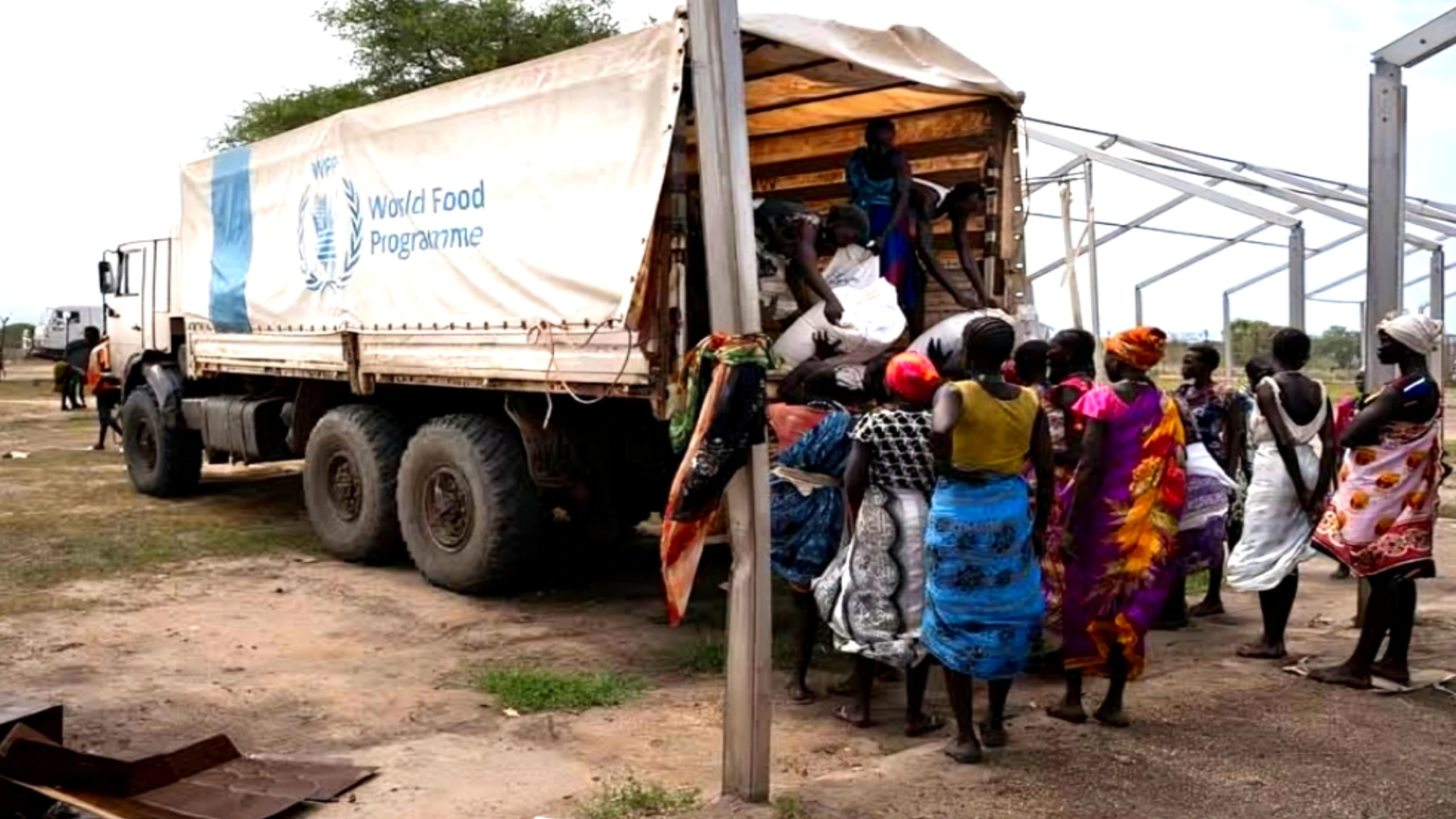Geneva: The World Meteorological Organization (WMO) has sounded the alarm over the worsening impact of climate change across Africa, reporting that extreme weather is intensifying food insecurity, displacement, and economic instability across the continent.
In its latest assessment, the UN agency revealed that in 2024, Africa’s average surface temperature was nearly 0.9°C higher than the 1991–2020 average. North Africa emerged as the fastest-warming region, with temperatures climbing 1.28°C above the same benchmark. The continent also experienced unprecedented sea surface temperatures, especially in the Atlantic and Mediterranean, contributing to widespread and intense marine heatwaves.
WMO Secretary-General Celeste Saulo emphasized the urgency of the crisis, pointing to the devastating impacts of both excessive rainfall and prolonged droughts. “Climate change is no longer a future threat—it’s a present reality for Africa,” she said.
The report highlighted that climate-related disasters forced at least 700,000 people to flee their homes in 2024. Floods in northern Nigeria alone claimed 230 lives and displaced over half a million people, while waterborne diseases spread in overcrowded and damaged displacement camps. West Africa, battered by torrential rains, saw four million people affected.
At the same time, southern African nations such as Malawi, Zambia, and Zimbabwe faced their most severe droughts in 20 years. Crop failures were dramatic: cereal production in Zambia and Zimbabwe dropped by 43% and 50%, respectively, compared to their five-year averages. The recurring drought-flood cycle has made farming increasingly precarious across the continent.
In South Sudan, where civil conflict and economic instability already plague the population, floods in October 2024 affected 300,000 people and killed millions of livestock. Schools closed due to extreme heat, with March temperatures hitting 45°C in some areas. UNICEF estimates that extreme weather disrupted education for 242 million children globally last year, many of them in Africa.
“In a country where dignity is tied to self-sufficiency, families are now reliant on aid again,” said Meshack Malo, the UN Food and Agriculture Organization (FAO) representative in South Sudan. The floods, he added, are becoming more intense and frequent, creating a continuous cycle of devastation.
Efforts to build resilience are underway. In the town of Kapoeta, South Sudan, FAO has successfully reduced dry seasons by investing in water storage systems. Yet, such success stories remain limited in a region grappling with rising temperatures and dwindling international support.
WMO and partner agencies stress that adaptation is critical. While technologies like desalination offer some promise, they are largely impractical for many African countries due to high costs and infrastructure demands. Instead, experts recommend expanding early warning systems and investing in sustainable water management as more viable and equitable strategies.
“Climate change is a threat multiplier for a continent already under economic strain,” said Dr. Dawit Solomon of AICCRA. “Africa’s climate bill is mounting, and it’s time for urgent, inclusive action.”








